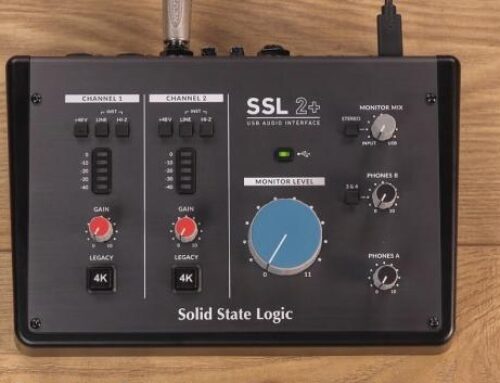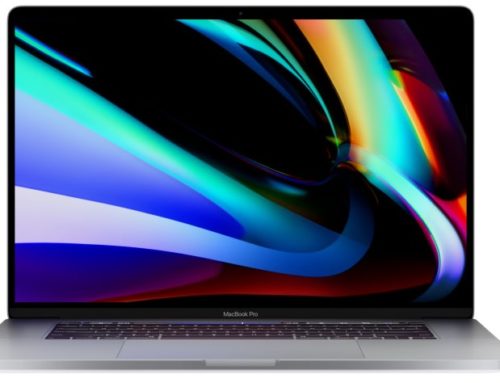[Recording Secrets] 8 Tips for Going Into the Recording Studio Prepared
by Jessica Brandon
Truth is…there are many more I wish I’d known sooner than the eight secrets I discuss here.
But in the limited space I have, there is no way to summarize them all.
Do you have music you wish to record professionally and ready for the pros and wish to move away from recording at home? Well, you will need a plan. Here are some important tips:
- Know What You Want & Why You Want It
This is your road map. What are you looking to accomplish? How do you wish to sound like? Like Lady Gaga or Creed’s last album? You want a “Power Pop” sound with EDM? The more specific the sound you provide for your engineer or producer, the easier the session will go.
You need to create a vision on how you wish to sound like, why and how. Bring audio samples to the recording engineer or music producer will really help envision your sound and craft. Do you wish the lead guitar to have a “dirty” distortion on the full F chord over the C bass line?
If you have a band, make sure everybody is on the same page and any ideas have been fully hashed out before the meter starts running at the studio. Having an idea of what you want before you go in to the recording can save you a ton of both time and money. Remember the meter is running as soon as you step into the studio!
- Visit the Space
Know what you are getting into and do your homework. Pop into the space to see how the vocal booth is like? Talk to the engineer or producer and have a conversation going. Try and listen to their work and see if it is a good fit for you. Find other artists who have worked with them and reach out to them to ask what their experience with that studio or producer and engineer were.
- Know Your Music Gear
Let’s say you are a vocalist, it will be helpful to research and to find out if a Neumann microphone or a particular Audio-Technica microphone would suit you better. Would the Large Diaphragm Condenser, Small Diaphragm or Dynamic be best for you?
- Know General Engineering Terms
If you do not know anything about compression, take the trouble to do some research and find out what Compression is, in a way that makes perfect sense to a non gear head like you.
- Practice to a Click Track
Rehearse the music inside and out with a click track and know your parts to your songs. Even if you’re great with keeping time, without a click you’re bound to deviate to some degree. It is always good to really know the performance and practice, practice, practice! The bottom line is: prepare well and work hard.
Do you prefer to play guitar standing with a music stand waist-high in front of you, or do you want to lean on a stool?
Maybe you may want to record five lead guitar solos takes and piece together the best parts of each, or record your vocals and guitar in one session and then overdub your keyboards and drums a week later? Using a click to keep your beat steady will make all your tracks sounds better and easier.
- Create a Check List
Did you re-string your guitar? Did you warm up your vocals? Does your music equipment work? Did you bring over samples of audio you wish to sound like? If you want a particular retro 80’s drum sound along with a new dub step keyboard sound, bring over the samples. The producer and engineer will know in advance what are your goals are. Do you have a working backup of your files? It may be smart to have one on your laptop, another on the cloud and another on your smart phone. Do you need a guide track when you do your vocals? Did you bring your cables for your electric guitar?
- Create a Pre Production
It is always good to throw a quick demo together. Have your songs prepared. Start small, or do a trial run at home on your smart phone, your computer, laptop or inexpensive recording device. The more low-tech the better, for a bare-bones demo is like a blank canvas for the engineer and producer with only a hint of an outline.
- Have a Plan B
Stuff happens and things sometimes do not go according to plan. It is always good to have a “Plan B”. It is always good to allow a buffer in case things do not go according to plan.
Example: if you are a vocalist and if you can’t hit the high notes because you are way too nervous. Have a back-up plan and sing an alternative melody within your range.
You realized that the studio doesn’t have the Pro-Tools plugins that you wish. Do not assume that the studio will have the plugins that you use at home. Bounce to audio all tracks that depend on software instruments or effects. This will guarantee compatibility between your working setup and the setup at your destination.
To enter the 16th Annual IAMA (International Acoustic Music Awards), go to: https://www.inacoustic.com

![[Recording Secrets] 8 Tips for Going Into the Recording Studio Prepared](https://inacoustic.com/wp-content/uploads/2019/07/RecordingStudio-3-800x534.jpg)



I made an appointment with a production company to record my song. I wrote it, created the musical arrangements and sing the song. I already have a copyright on it.My new song I just changed the lyrics and it is a great fit. Thank you for all your advice…
Hello from Ohio
Very good steps to take indeed.
I will be heading to Nashville in the next month or so to track three instrumentals. Will be working with musicians I have not worked with before because I have no band.
My goal are three specific tracks for use in sync too.
Because of distance I will not be able to visit where I will be recording or would it be wise to add an extra day pre-session and take a look.
I do know goals as far as recording but I need to write and perhaps email to producer or would you suggest a personal call.
Currently working on demos to offer idea. With musicians, will I need a work for hire forms?
Thank you for the heads up.
Any insight is appreciated
Dennis
Ohio
I want to learn how record and produce.